Once you make the decision to improve your diet for better health, it only takes a little education and effort to make changes that will have a huge positive impact on your life, these initial changes become habits and in a short time, healthy eating is second-nature.
There are many simple changes to start this process, Michael Pollan, author of In Defence of Food and The Omnivore’s Dilemma, (as well as other books that I haven’t read yet) is widely regarded as one of the world’s greatest food thinkers. Some of his views that have resonated with me are
“Don’t eat anything your grandmother wouldn’t recognise as food” (I taught this to my family as ‘Granny Waddafux rule’ )
“Eat food, not too much, mostly plants”
And most recently,
“Eat anything you want, just cook it yourself”
Each of these is a great one-liner that will set most people on a path to better health, but they all require that you have a lot of control over what is prepared for you to eat. This is not always possible; one of the biggest problems reported by my clients is trying to figure out how to eat healthily away from home. If your job makes you; work long hours away from home, travel, spend time in hotels or serviced apartments near client-sites or worse yet, in airports and aeroplanes, then trying to stick to a healthy diet can be hard. Here is a simple list of common restaurant items that won’t derail your healthy lifestyle:
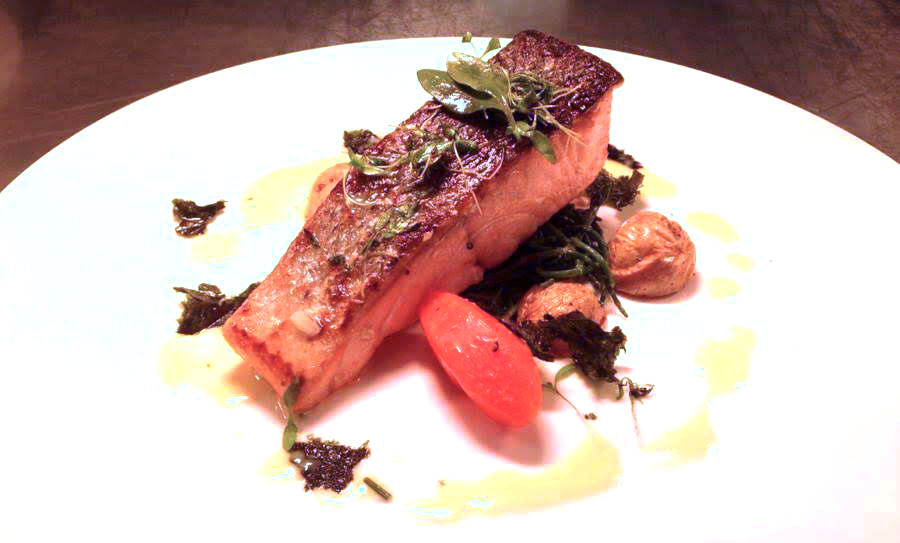 Fish; whole or fillet, grilled or pan-fried, fish, especially oily fish, is one of the few things that almost every dietitian agrees is good for you.
Fish; whole or fillet, grilled or pan-fried, fish, especially oily fish, is one of the few things that almost every dietitian agrees is good for you.
Eaten with a salad, lightly dressed with a vinaigrette or with a side of steamed seasonal vegetables, you have an easily digested, light yet satisfying meal that ticks every nutrition box but keeps you on the healthy side of the street
Example:
Grilled 185g (6oz) salmon fillet with green salad, olive oil and vinegar dressing
440 calories, 10g carbs, 36g protein, 28g fats
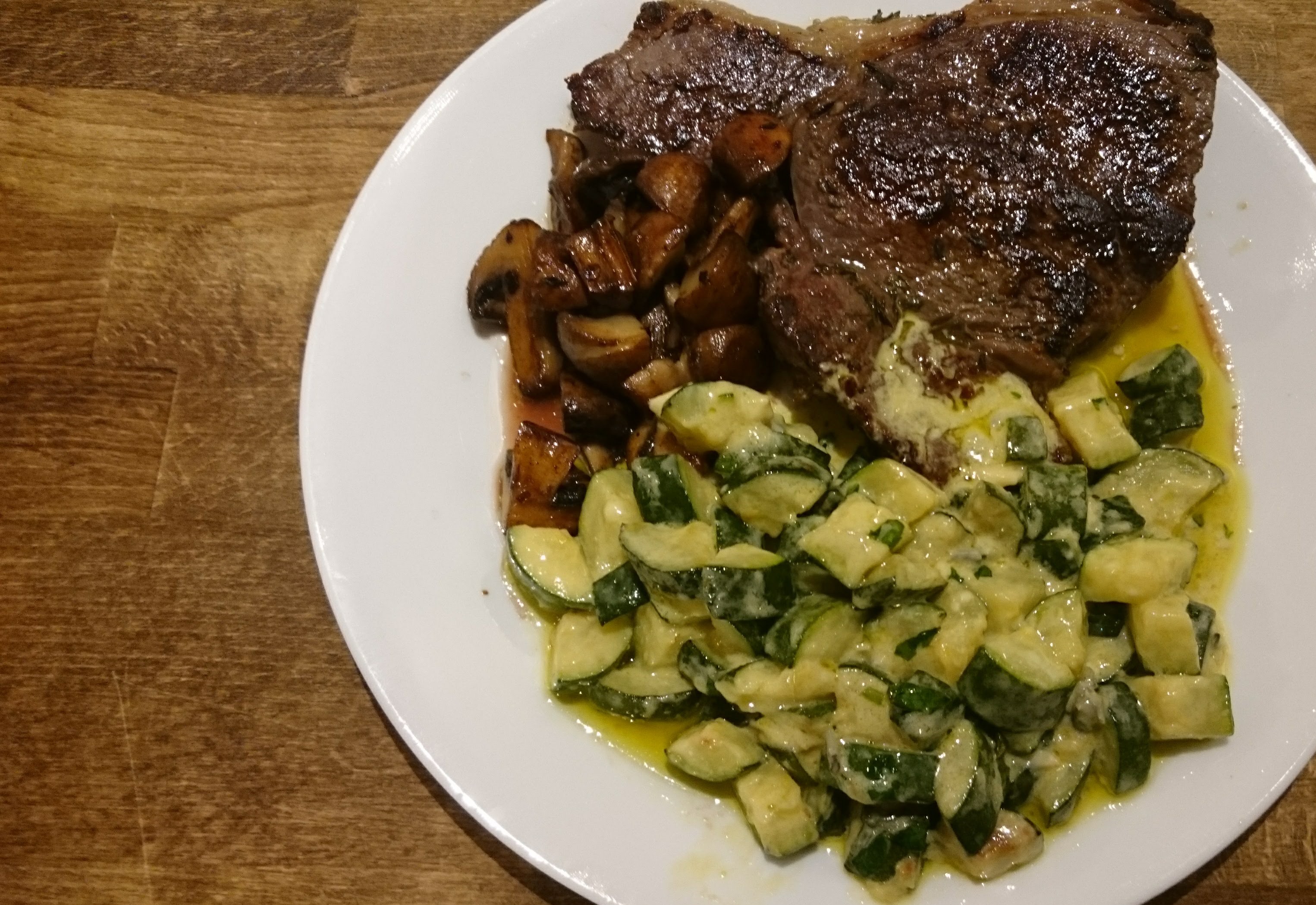
Grass-fed steak, mushrooms and veggies, simple, healthy, widely available
Steak; grass-fed beef is one of the best sources of Omega 3 fats, iron and protein. A steak served with a salad, lightly dressed with a vinaigrette or with a side of steamed seasonal vegetables, and maybe some sautéed mushrooms, is a very satisfying and surprisingly (to many) healthy option. Be careful of beef in the USA, however, as corn-fed, feed-lot beef is laden with medication and hormones that are detrimental to your health. Either ensure it is organic, grass-fed or choose a safer alternative like lamb.
Example
Grilled 185g (8oz) sirloin steak with grilled asparagus and sautéed mushrooms
440 calories, 10g carbs, 36g protein, 28g fats
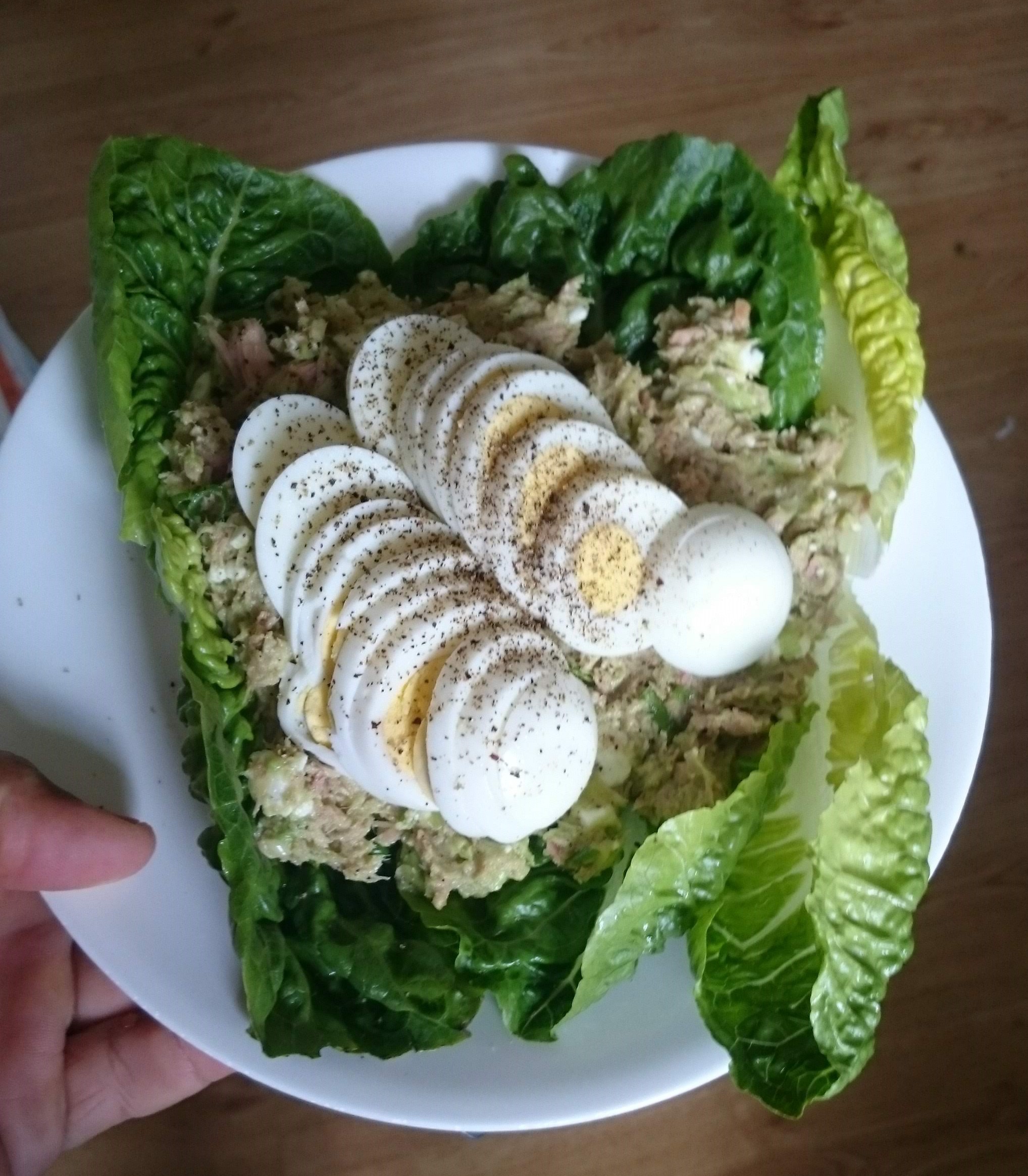
Big salad with lots of protein
Big Salad; I say “big” because I mean the type of salad that is a whole meal. Like Niçoise or Caesar; salads with tuna, eggs, anchovies, olives, chicken, cheese. Even Vegan salads with nuts, quinoa, chickpeas, tofu, tempeh, chia, sunflower seeds, linseeds, avocado and olives will make a good and surprisingly, filling meal. Avoid sugary dressings, a simple vinaigrette is the easiest, or just drizzle olive oil and vinegar. Don’t be tempted by the bread. . .
Example
A restaurant Salad Niçoise with eggs, anchovies, tuna and even potatoes, but with olive oil and vinegar dressing
350 calories, 20g carbs, 28g protein, 22g fats
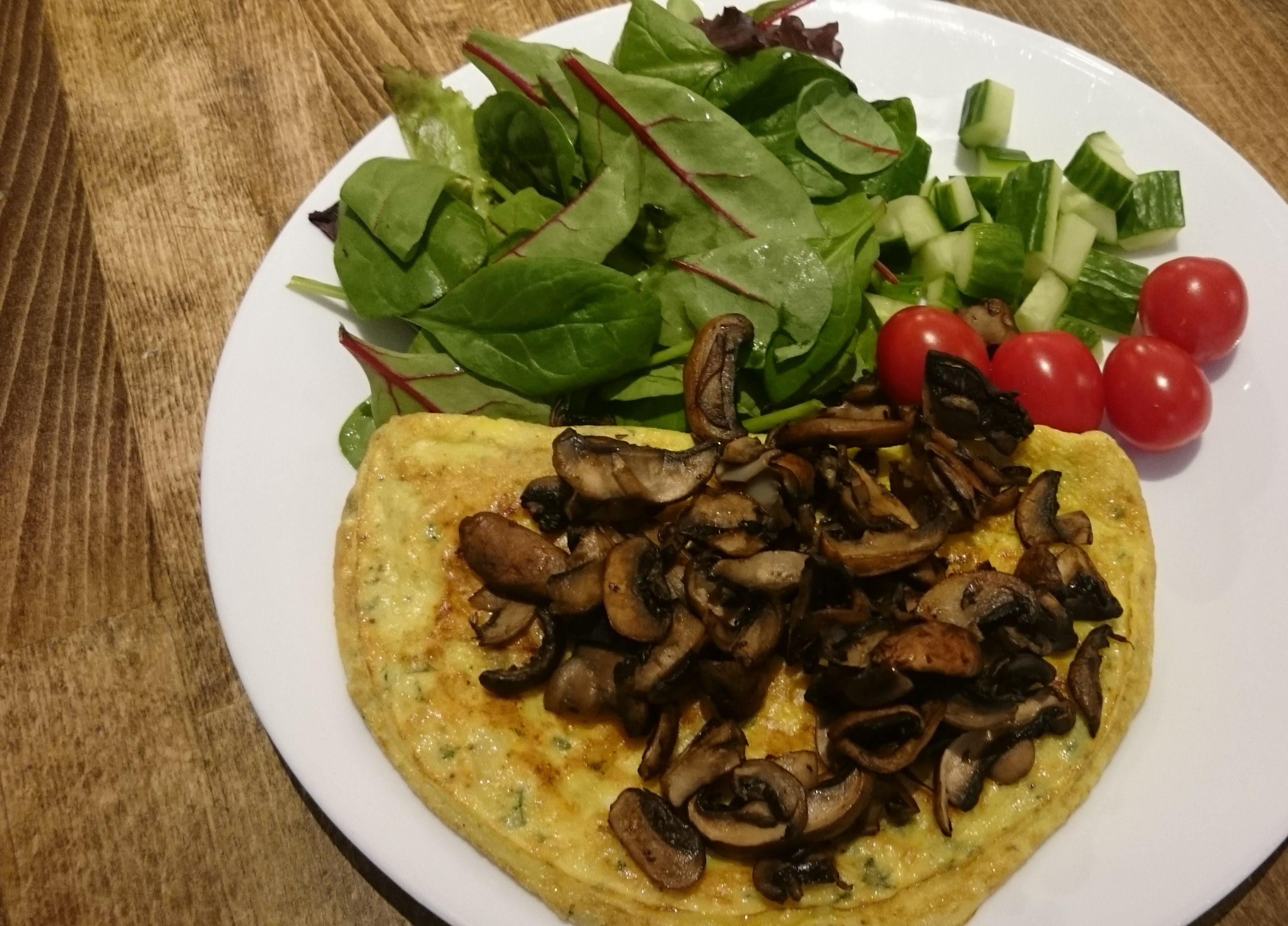
Omelette with mushrooms and salad
Breakfast; Breakfast is easy. I don’t think I’ve ever been in a hotel that didn’t offer oatmeal porridge. Add butter or cream if you are eating a higher fat diet and you’re good to go. Eggs, avocado, smoked salmon, mushrooms, are all great options. High welfare, low salt bacon and sausages work too.
Example
Bowl of oats with a tablespoon of butter
140 calories, 30g carbs, 5g protein, 17g fats
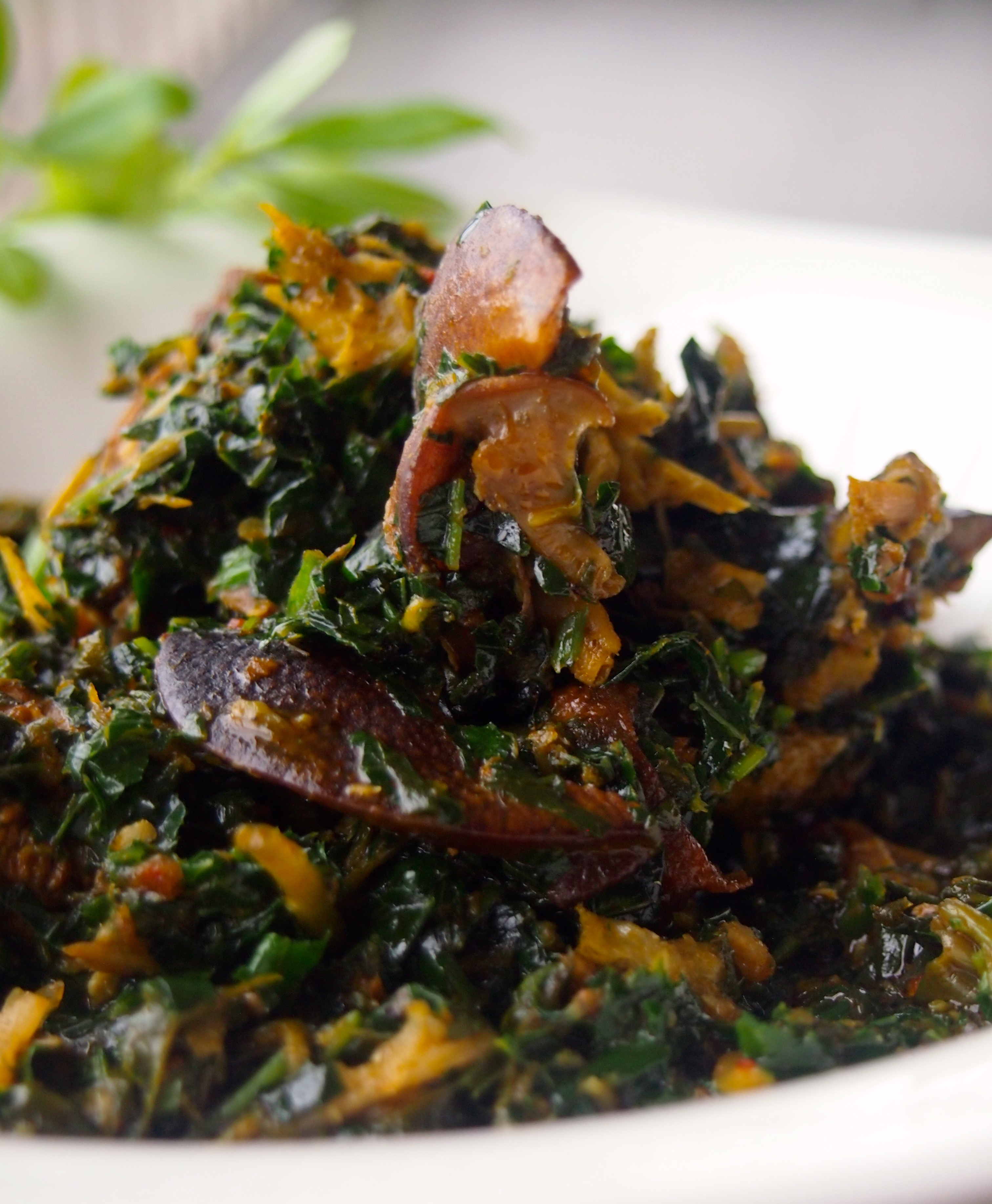
Edikang Ikong soup from Pitanga – Nostalgic Nigerian Food @PitangaLondon
Nigerian food; I have a simple formula for this. Our soups are nourishing and complete meals all by themselves. Ditch the swallow and pick up a spoon. Abula, Okro, Ogbono, Afang, Bitterleaf, Edikang Ikong, . . .all and any of our vegetable soups. . .With meat, fish, seafood, are perfect, filling meals. Now, as a nutritionist, I have converted a lot of people to the “spoon better than swallow” philosophy, but I have always encountered resistance. I get it, it’s hard to change the habit of a lifetime, harder yet to mess with a comfort food. So, here’s an entry level approach. Order your normal meal, eat the meat/fish and ‘lick’ half the soup first. Drink a glass of water. At this point, if you are still hungry, eat as much of the swallow as you need. Once you start like this, you will soon realise that the swallow is just there to make you look pregnant and you will opt for a spoon.
Example
Edi Kang ikong Soup (with many obstacles) 630 calories, 7g carbs, 89g protein, 24g fats
 Major Abs’ takeaway
Major Abs’ takeaway
A good rule of thumb is to eat as close to nature as you can. As mankind’s ability to process foods with advanced machinery and chemicals has increased, so has our susceptibility for nutrition-related health problems. The more convenience-oriented foods become, the less healthy the people eating them become.
The simple formula for eating out healthily is this:
Have a starter or appetiser rich in healthy fats; some nuts or olives, perhaps something with avocado or smoked salmon. Avoid the bread.
For your main course. choose a protein source. Most restaurant portions are reasonable.
Match it with plenty of non-starchy vegetables, my normal guidelines are “if it’s green and grows above ground, you can eat as much of it as you want.”
Naija soups are complete meals, just eat them with a spoon.
Drink water and eat slowly to give your body time to register the meal.
If you are drinking alcohol, choose wisely, READ THIS
I appreciate that for many people, dessert is the best part of the meal. That notwithstanding, my advice to anybody who is trying to lose weight would be to skip it. Have a coffee or tea instead. Sugar is the enemy.
If you absolutely must have a sweet treat to round off a meal, eat some fruit, preferably berries.
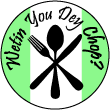

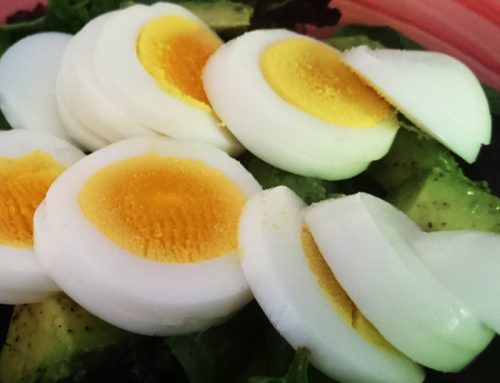
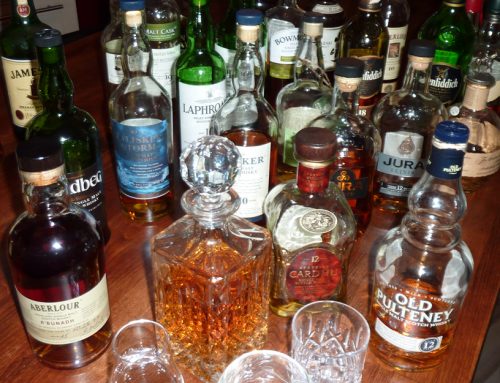

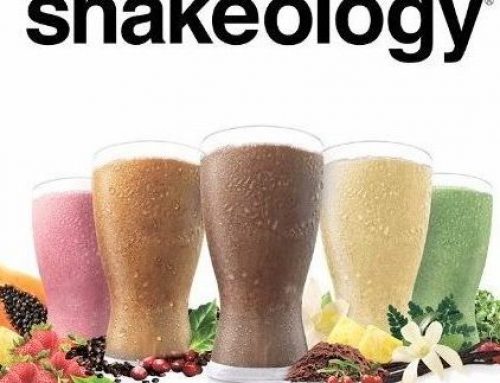
Leave a Reply